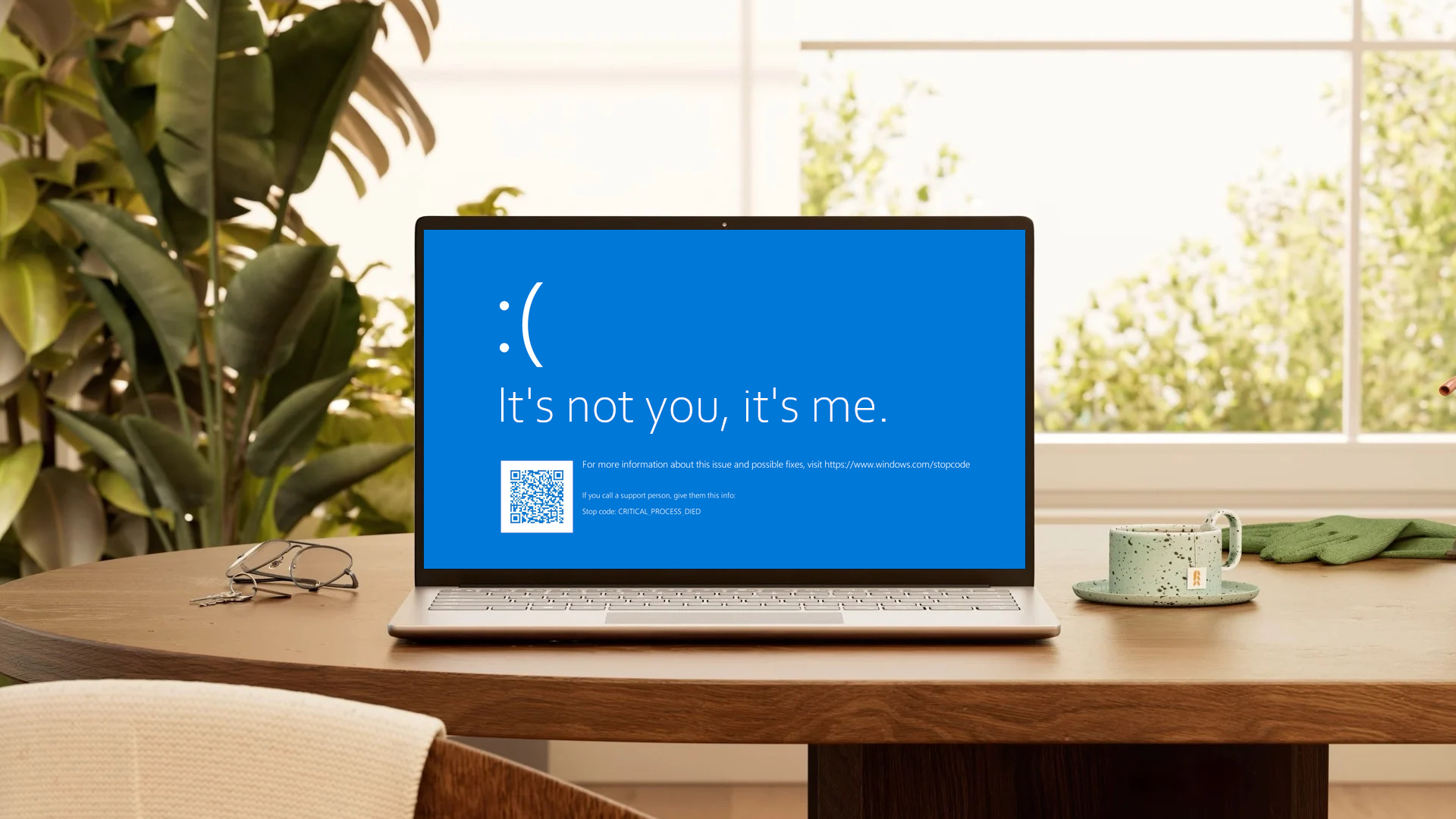PlayStation’s mobile games need to bring us back to PS Vita and PSP
Sony could change mobile gaming forever
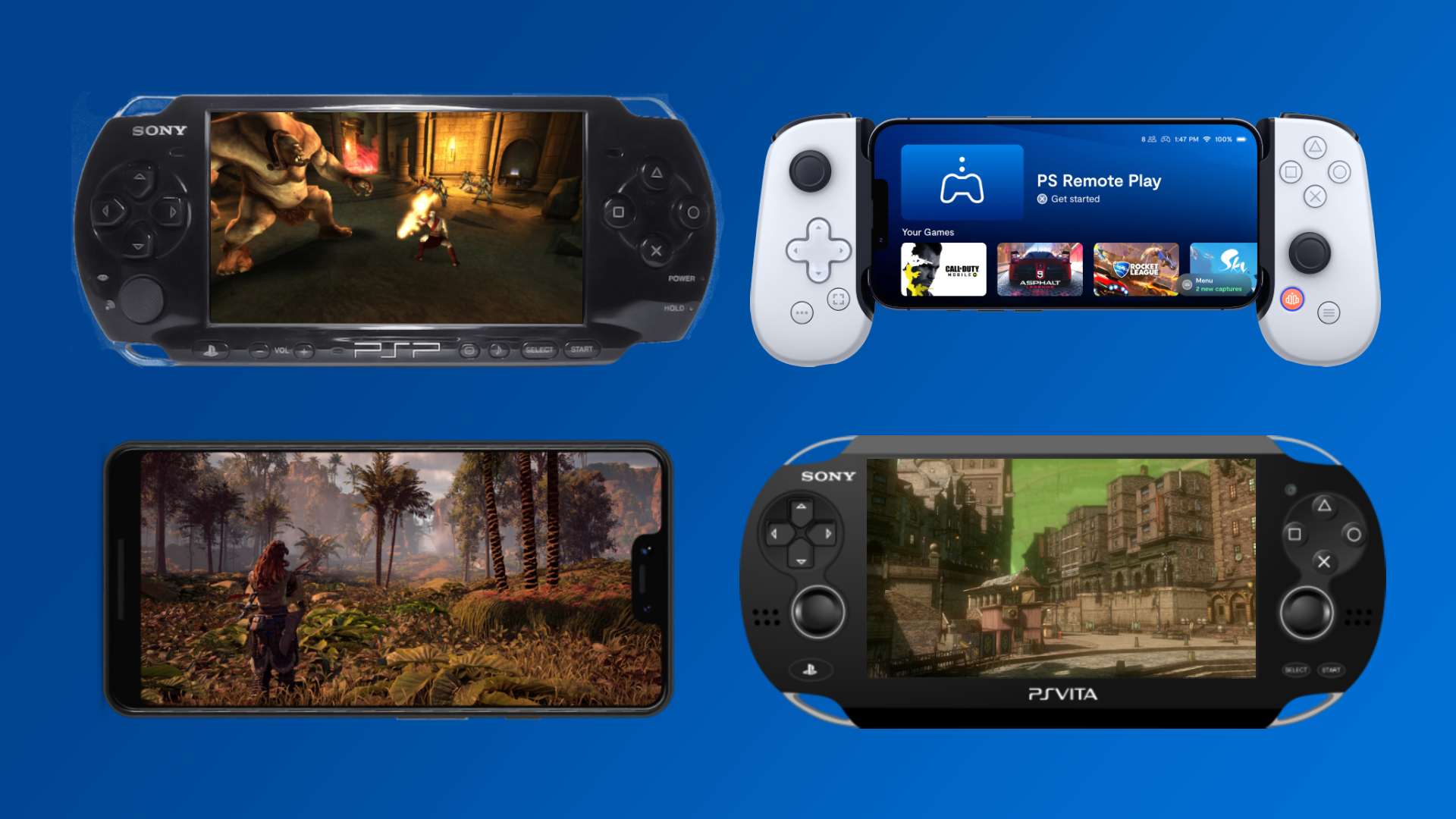
Whether we’re talking about the PSP or PS Vita, PlayStation history is deeply rooted in mobile gaming. Sure, the Vita wasn’t particularly successful and the system saw an unfortunate lack of support shortly after launch, but it would be a shame if Sony steered clear of the handheld scene due to recent shortcomings. And for those who’ve actually used the Vita, it’s difficult to deny that it was friggin’ awesome.
But there’s no need to fear; Sony still believes in mobile gaming. However, the company is seeking a new way into this world through a clever route, one that could save the company (and consumers) tons of money on hardware. How, you may ask? With our phones, of course!
PlayStation is investing significantly in mobile gaming, with Sony recently announcing their acquisition of Savage Game Studios. The company has been hard at work on a AAA live service action game, but we won’t be learning about it for a little longer. Sony also put out the Backbone One, an iOS game controller that connects to your iPhone and lets you play mobile games in comfort.
You might be wondering, “What’s the big deal?” Mobile gaming is everywhere, and Sony worming its way into the scene just means more predatory microtransactions and low-effort garbage, right? Well, think about it like this: If we can expect PlayStation quality games on mobile, Sony could change that industry forever. After all, the BackBone One doesn’t exist to play Clash of Clans or Candy Crush.
PlayStation’s future in handheld gaming
Smartphones are surprisingly powerful. We’ve witnessed a gradual evolution in handheld games and what they’re capable of throughout the last decade. And every year, more advanced titles are available: Genshin Impact and Diablo: Immortal are great examples, as they’re visually advanced and graphically demanding.
These aren’t just casual titles, either. They’re fleshed-out RPGs with deep mechanics and tons to do. Genshin Impact in particular is impressive, as it’s also available on PC, PS5 and Xbox Series X|S. It’s clear that putting a big budget behind mobile games can offer pretty compelling results, and it would benefit Sony to not underestimate the potential of mobile’s player base.
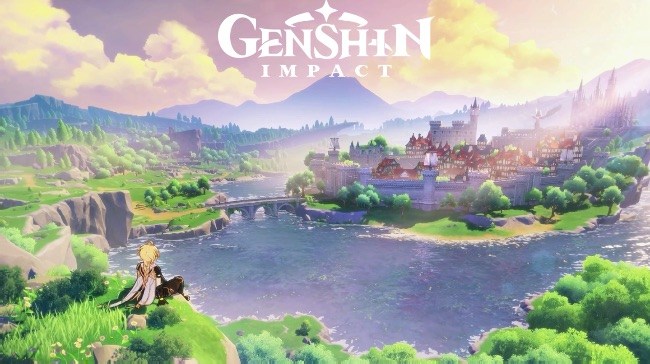
To be perfectly clear, we’re not 100% sure that PlayStation’s foray into mobile gaming will be this good. It’s entirely possible that Sony’s plans are no different than most other mobile developers, offering predatory free-to-play systems coupled with a low-quality game that does nothing but exist to siphon cash from wallets.
Stay in the know with Laptop Mag
Get our in-depth reviews, helpful tips, great deals, and the biggest news stories delivered to your inbox.
But if we’re being a bit more optimistic, Sony could deliver the same level of quality expected from the PSP and PS Vita, except on our smartphones. There are plenty of advantages to this, most notably that new PlayStation hardware would no longer be necessary and could save both consumers and the company tons of money. The Backbone One controller is probably going to be recommended to pair up with your smartphone. But that’s only $99.99, a price point nowhere near as steep as paying for a full console.
We already know that Savage Game Studios’ first project is live service, likely implying it’ll be free-to-play. However, I hope Sony takes some more risks with its mobile initiative and isn’t afraid to throw some money into its upcoming mobile titles.
Sony’s mobile games shouldn’t be free-to-play
Two plausible futures exist when Sony says “PlayStation is coming to mobile.” The first is not much different from games like Genshin Impact or Diablo: Immortal. We’d get quality free-to-play titles overwhelmed with microtransactions and potentially steep progression systems. It would be fine, but it’s what I’d expect from the mobile world, and frankly, it’s unexciting.
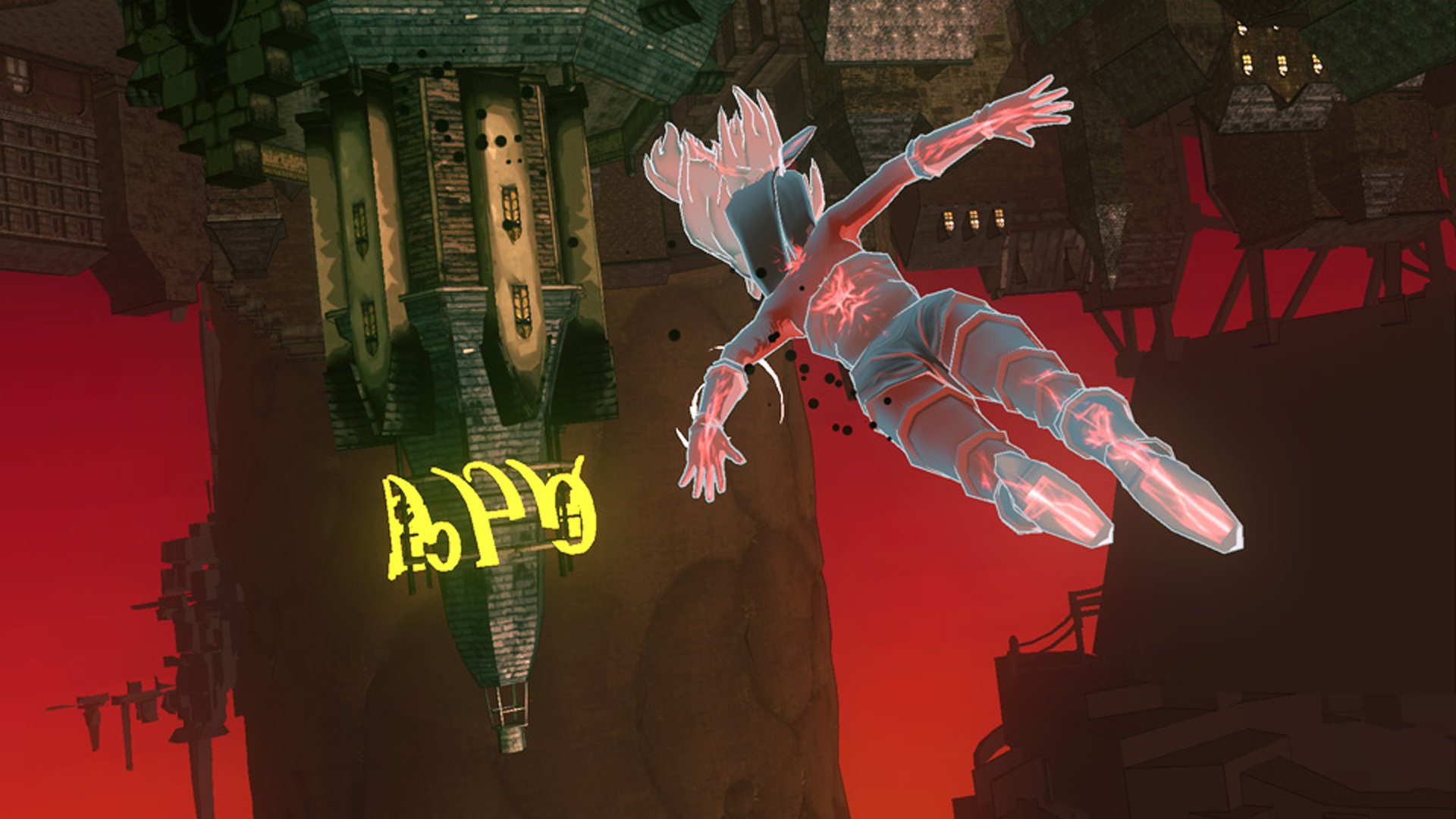
The other timeline has PlayStation continue the legacy of the PSP and PS Vita on mobile phones. This means expecting AAA and indie titles in the palms of our hands. We need to see games with high production values and moderate price points for entry, ideally without in-app purchases. After all, the biggest PS Vita games launched at $49.99, and as a result, a certain level of quality was expected and often delivered.
Why should mobile gaming be different? Yes, it will be challenging to convince a market accustomed to playing games for free that they should spend anywhere between $10-50 to access a new PlayStation game. But with great advertising and trailers that showcase high quality work, it could change the landscape forever and turn mobile gaming into more than just the home of mindless, life-sucking addiction.
PlayStation could return to weirder games through mobile
There’s no question that the resources required to develop a PS5 exclusive are far greater than what’s needed to launch a game on mobile devices. Inherently, this means that the style of game that can come out on PS5 is going to be pretty limited. They need to be modern graphically, appeal to common tastes, and feature specific systems that the company knows will work.
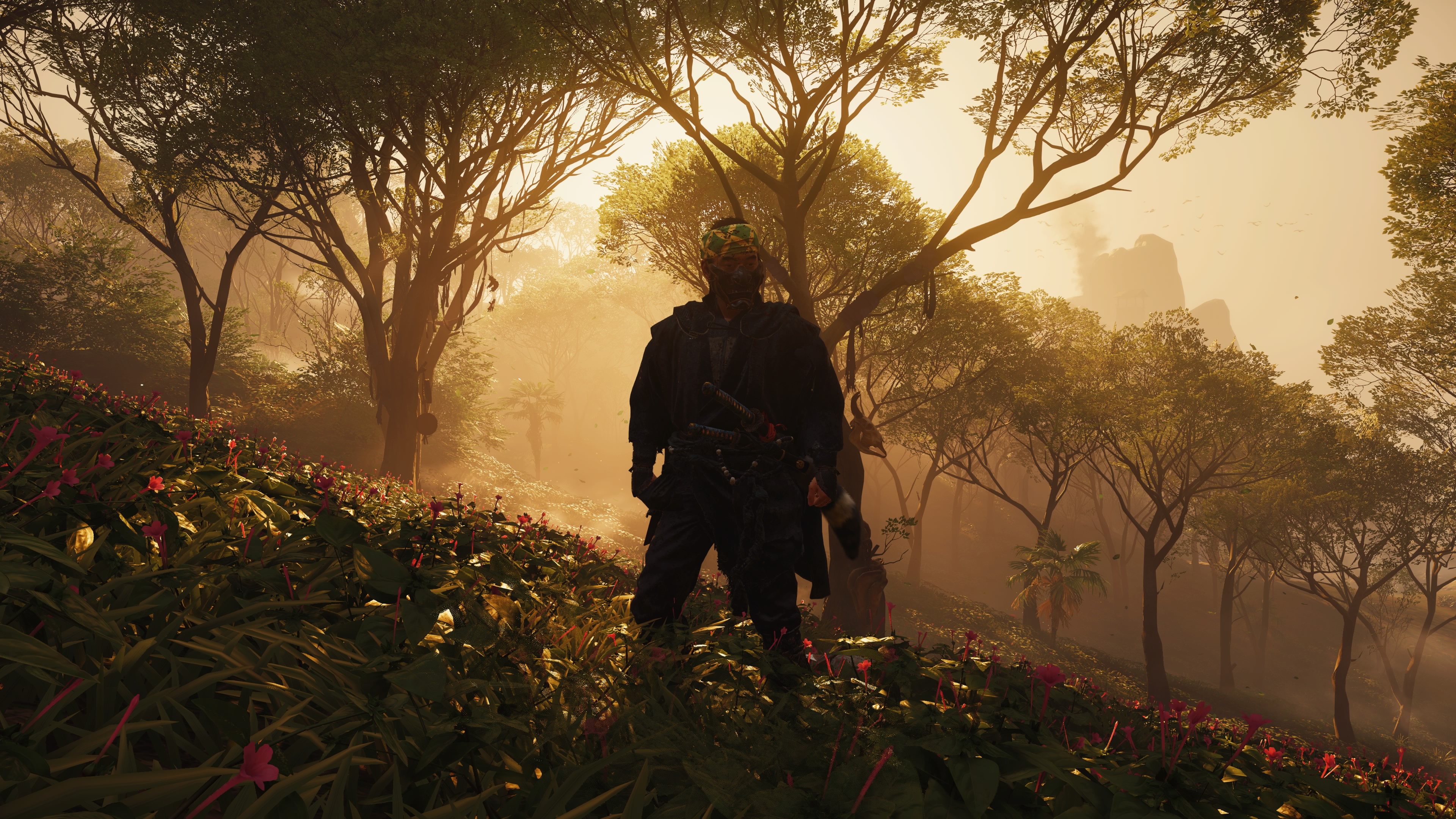
Have you ever wondered why PlayStation exclusives are frequently third-person action adventure games with a heavy focus on cutscenes, and often (especially recently) feature light RPG mechanics? Whether we’re talking The Last of Us, Uncharted, God of War, Horizon Forbidden West, Days Gone, Marvel’s Spider-Man, Ratchet & Clank, or Ghost of Tsushima, every single one of these games checks quite a few similar boxes.
It’s rare for Sony to greenlight a game that doesn’t adhere to a formula the corporation knows will work. I love PlayStation games, but at the end of the day, this is business, and risks cannot be taken often, especially with how expensive and time-consuming it’s becoming to make games.
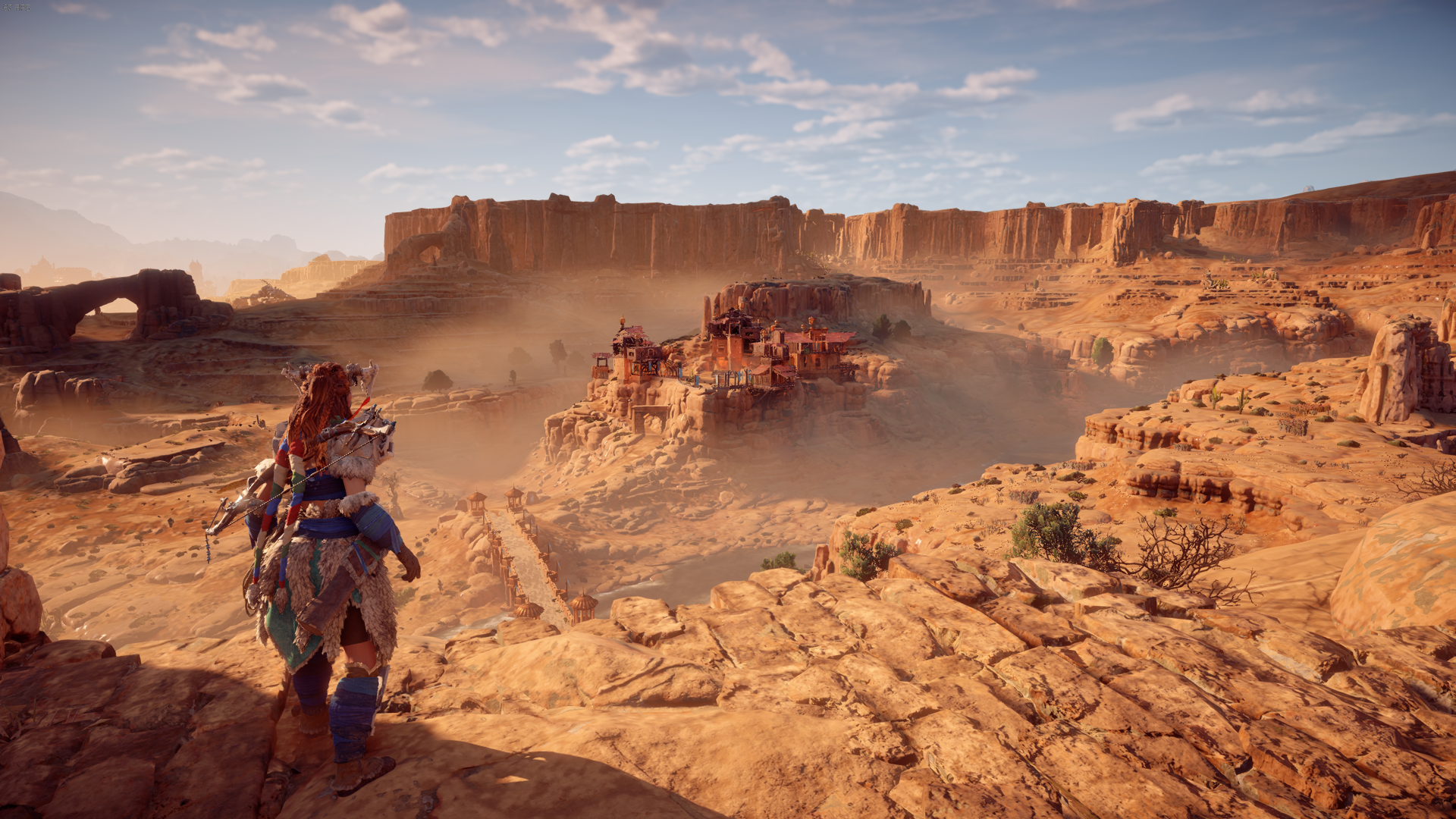
Mobile has a unique opportunity to change that. For example, Gravity Rush would never be viable as a PS5 exclusive. This was made abundantly clear when Gravity Rush 2 launched on PS4, didn’t sell particularly well, and resulted in Japan Studio (the game’s developer) going defunct four years later.
But mobile is an entirely different world, or at least it can be. You’re not expected to make games as cinematic, and it’s within reason that they’ll be nowhere near as graphically demanding. You also have the chance to invest in whatever genre you want and adjust the price point accordingly. Something like Gravity Rush would thrive on a mobile device, especially if it launched at $50 and was a full game without microtransactions.
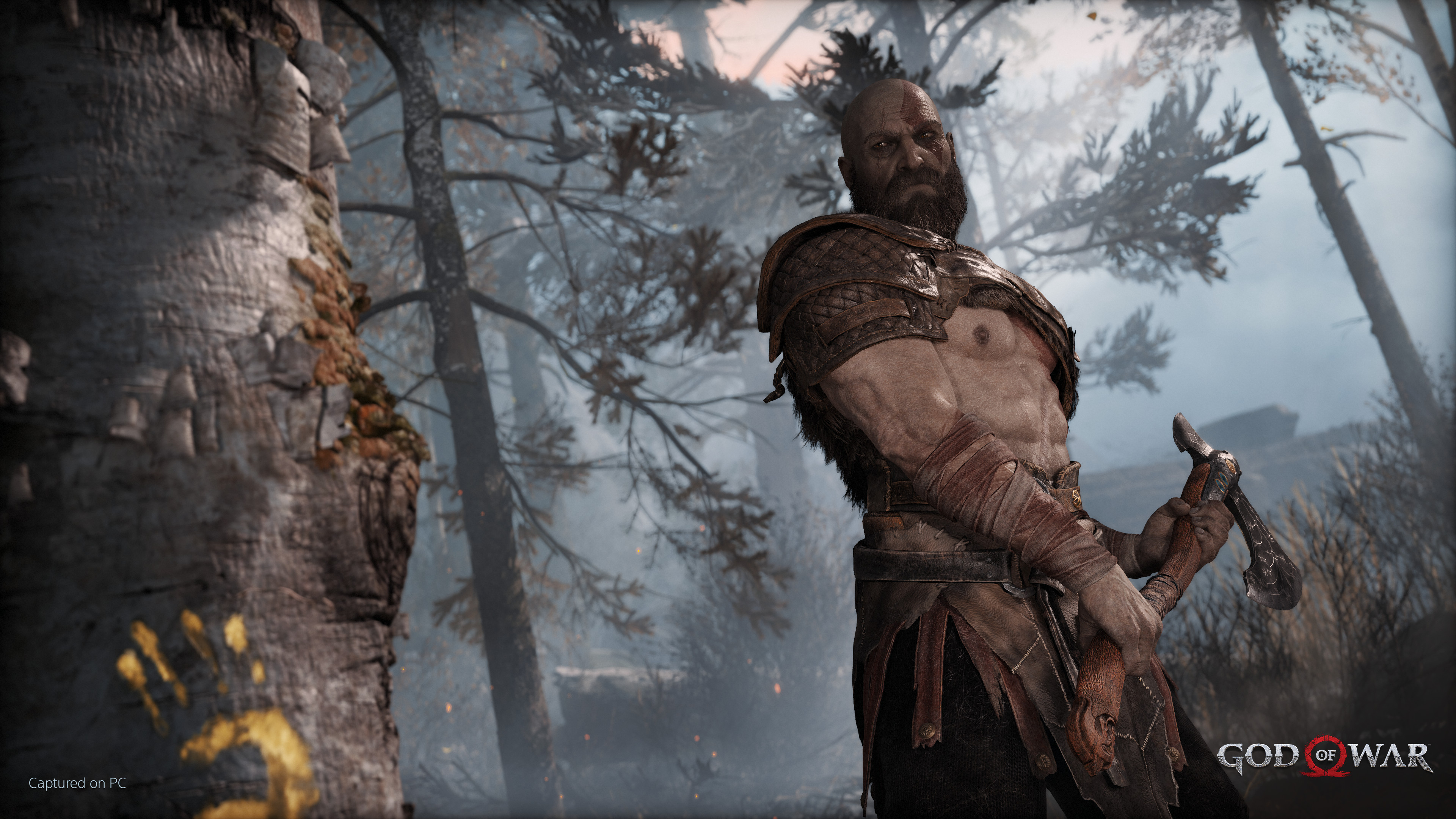
Developers can create lower budget titles and take less time to work on them, so even if they’re nowhere near as successful as God of War, they can still become profitable. This creates the potential for weirder games, too. Of course, Sony isn’t going to greenlight a $50 million dollar project that requires five years of development time if it seems weird and risky. But cut that development time by three years. and drastically reduce the amount of money, and it’s more likely that Sony would be willing to take a chance.
Bottom line
Imagine the future of mobile as one where the glory of PlayStation’s handheld gaming returns front and center. I’m talking full-priced titles free of predatory microtransactions that aren’t afraid to be weird. We could see the return of stuff like Twisted Metal and Gravity Rush, or be graced by fresh new properties as lovely as Tearaway was on PS Vita.
In a blog post, Hermen Hulst claims the PlayStation Studios Mobile Division seeks to focus on “innovative, on-the-go experiences,” but if the company ends up occupying the same space as every other mobile developer, then what is there to be excited for? We’re hoping Hulst truly does deliver on this promise.

Self-described art critic and unabashedly pretentious, Claire finds joy in impassioned ramblings about her closeness to video games. She has a bachelor’s degree in Journalism & Media Studies from Brooklyn College and five years of experience in entertainment journalism. Claire is a stalwart defender of the importance found in subjectivity and spends most days overwhelmed with excitement for the past, present and future of gaming. When she isn't writing or playing Dark Souls, she can be found eating chicken fettuccine alfredo and watching anime.
